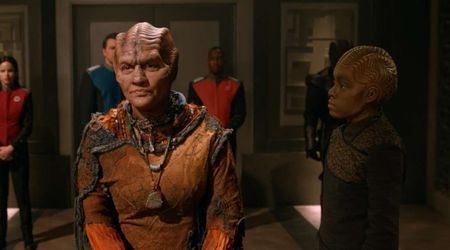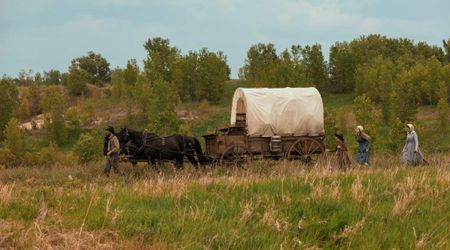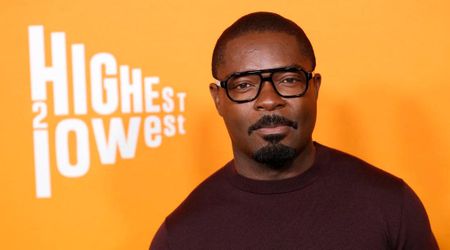Netflix's 'Crip Camp': A tribute to Camp Jened and the disability rights activists who changed the world

Spoilers for Netflix's 'Crip Camp'
“Would you like to see handicapped people depicted as people?” The documentary opens with a simple, yet profound statement. It's one that will go on to define disability rights movements all over the world.
'Crip Camp' is a project directed and produced by Jim LeBrecht and Nicole Newnham and is executive produced by Higher Ground Productions in partnership with Netflix.
It tells the story of young disability rights activists who found the spark they needed to go out into the world and fight for their rights during their short time at Camp Jened, which was a summer camp for disabled teenagers run by disabled adults and hippies from 1951 till it shut down due to financial difficulties in 1977.
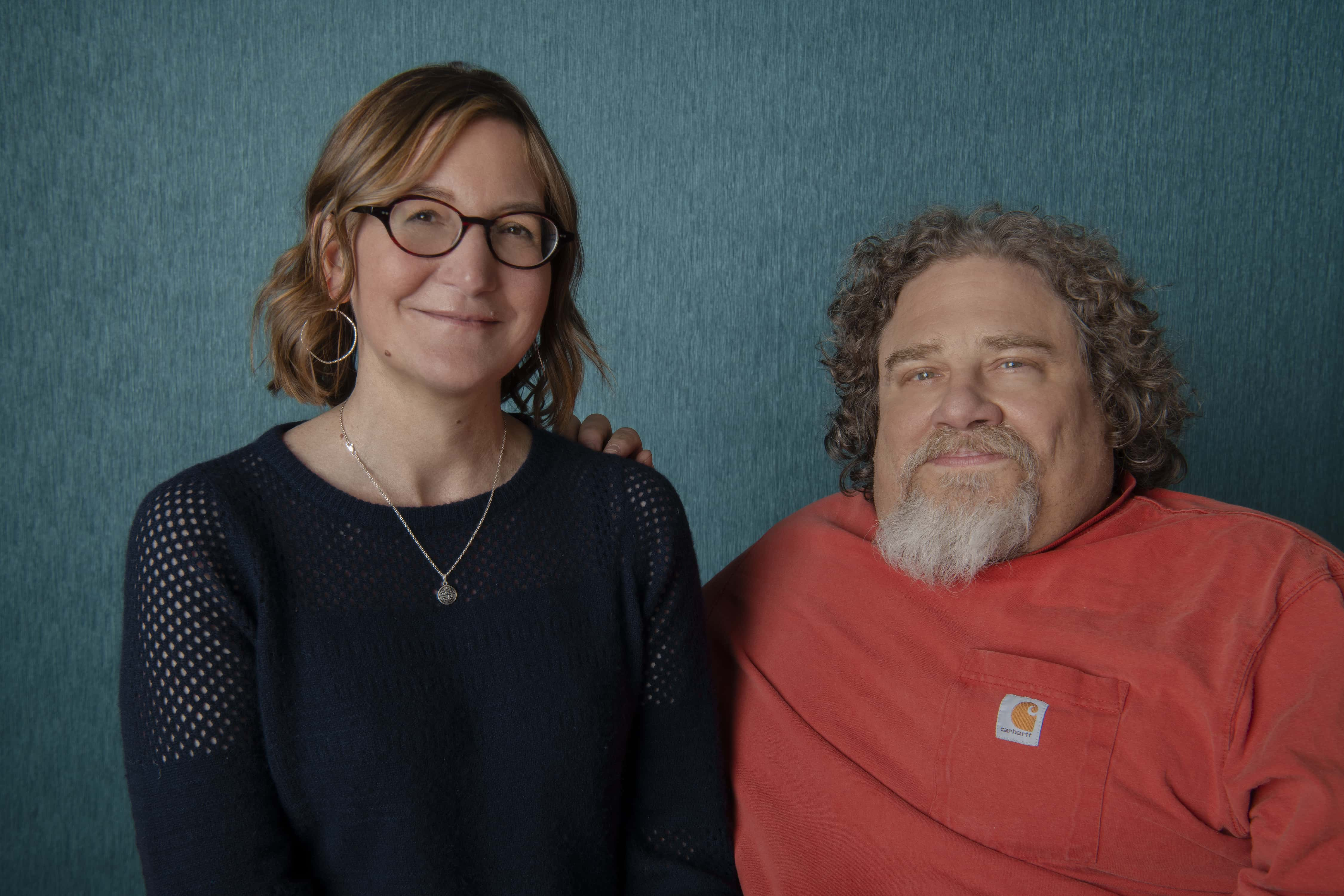
LeBrecht was one of the campers at Camp Jened who got to witness the beginnings of a political, social and cultural movement, one that would culminate in several demonstrations and ultimately, the passing of 'Section 504', an anti-discrimination provision listed at the end of the Rehabilitation Act of 1973 that was originally vetoed by President Nixon.
Spearheaded by Judy Heumann, the disability rights movement transcended race, gender, sexual orientation, class, and geographical borders and went from Camp Jened to Berkeley, and eventually spilled out into the streets.
It made the world aware, for the first time ever, of what disabled people had to deal with on an everyday basis. The severe lack of accessibility in schools and universities, hospitals and transportation made it nearly impossible for anyone with a disability to lead a full life, and this would become a major talking point throughout this movement.
One of the biggest turning points in this movement was the '504 Sit-in' which saw the disability community, led by protesters Judy Heumann, Kitty Cone, and Dennis Billups, among many others, occupy the United States Department of Health, Education and Welfare (HEW) office in San Francisco.
This sit-in lasted 25 days and was a major wake-up call for American lawmakers who were now finally seeing the frustration of disability rights activists up close. This was the largest protest involving disabled people ever, and it drew support from all corners including the Black Panther Party, lesbian activists, anti-war activists including Vietnam war veterans, and several politicians including George Moscone, the Mayor of San Francisco.
This protest also saw one of the most racially diverse groups of protestors, including disabled people and their non-disabled allies, all united in a movement being organized by women and queer folk.
And yet, despite how groundbreaking this event was, almost no media coverage was given to the protests. But when they finally got picked up by ABC thanks to the tireless work of reporter Evan White, who was the only reporter covering it prior to that, all those in power finally realized they no longer had the privilege of being able to ignore the call for equality.
Eventually, the United States Secretary of Health, Education, and Welfare Joseph Califano caved in and signed the regulations, passing '504' and giving the disability rights movement one of its most significant wins ever.
However, this legislation's significance extended beyond disability rights. It made discrimination itself illegal, and that meant it impacted all civil rights movements that were actively taking place at the time.
These hard-won rights were once again attacked, however, when opposition from religious organizations like the Association of Christian Schools International and members of business communities including the US Chamber of Commerce threatened to block these rights account of the cost of making various institutions accessible.
Several activists including Justin Whitlock Dart Jr and Patrisha Wright rose up again and pushed back, laying the groundwork for the eventual passing of the Americans with Disabilities Act (ADA) of 1990 which finally made accessibility required by law. Finally, disabled folks were able to find easier access to transportation, education and employment.
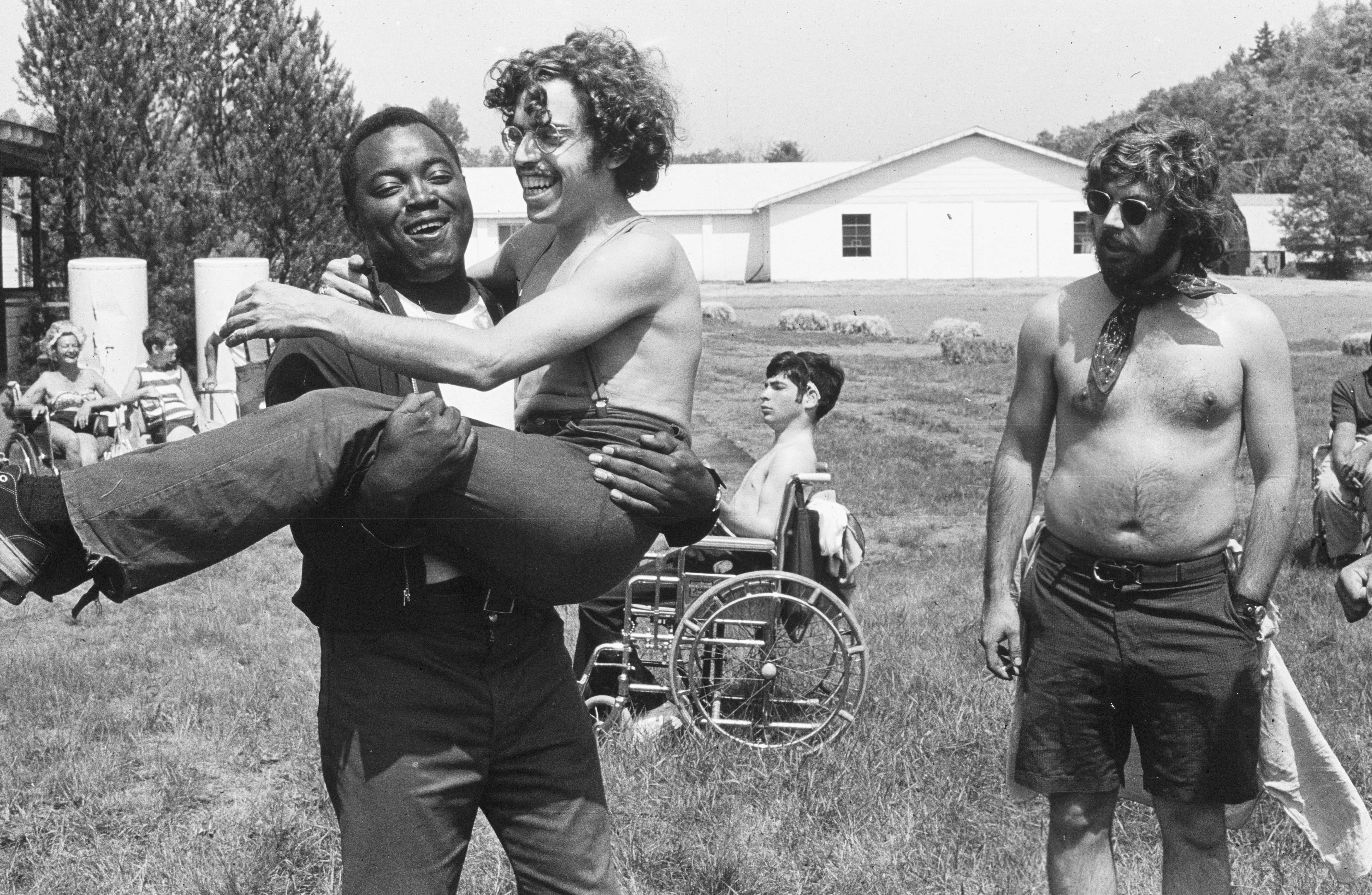
'Crip Camp' documents this amazing moment as well with footage of the 'Capitol Crawlers', a group of disabled individuals who got off their wheelchairs and crutches and crawled up all 100 steps of the Capitol Building in Washington, DC. The moment is gut-wrenching and powerful.
"I'll take all night if I have to!" shouts second-grader Jennifer Keelan she drags herself up, one step at a time, alongside several others all as they cheer each other on. And at this moment, it really hits home just how hard this group of individuals has had to fight for the most basic of rights.
No one should have to crawl up to meet their senators just to demand they be treated as people, like everybody else. And yet, this was what was demanded of those in the disability community.
One thing 'Crip Camp' does brilliantly is tell a cohesive story that documents one of the most revolutionary moments in history using a combination of archival footage and interviews with surviving campers and protest leaders. And it does so while depicting people with disabilities as people first.
In telling the story of how disability rights activists destroyed the status quo and ushered in a new phase of equality, 'Crip Camp' also highlights the importance of diversity, representation, and equality in film and media.
Because 'Crip Camp' is not only an invaluable piece of work about a watershed moment, it is also a fantastically made film. One can only hope that this opens up the entertainment industry and creates paths for more people with disabilities to be able to participate in the creative process.
'Crip Camp' will premiere on March 25, 2020, on Netflix.


